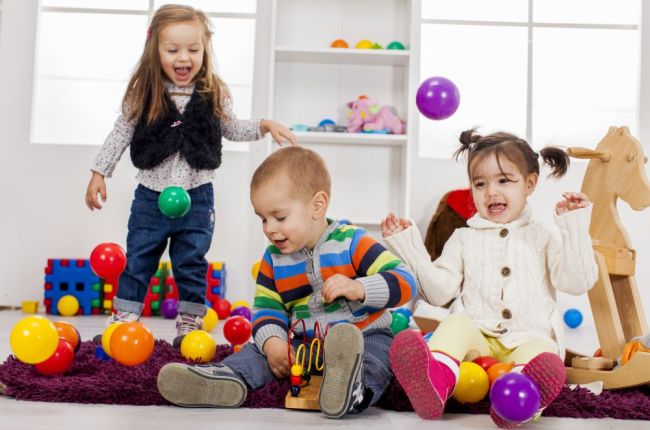Enuresis, also referred to as "urinary incontinence" or "bedwetting," can be exceptionally traumatic for both parents and kids. It can result in lower self-confidence in children, frustration among caregivers, and interruptions in sleep for both.
Enuresis is a typical problem in the United States with approximately 5 million children affected, with kids experiencing it 3 times more often than girls do. Enuresis can run in households-- oftentimes a moms and dad will pertain to the office and say that she or he likewise "damp the bed" when younger. In most children, it will resolve by the age of 6 years. When it persists much past that age, particularly when a kid starts sleeping outside the home, at sleepovers, is usually when it becomes most upsetting.
Stop Bedwetting
There are some known threat elements for enuresis. One of the most common ones is dysfunctional removal syndrome. This syndrome represents a collection of abnormal urinary patterns associated with irregularity. For instance, it can suggest your child is holding his or her urine for too long and overstretching the bladder, or having difficulty relaxing the bladder outlet throughout urination, straining the muscle. Other danger elements for enuresis are breathing problems such as sleep apnea, or neuropsychiatric conditions such as attention-deficit hyperactivity condition (ADHD) or anxiety. Constipation and sleep apnea must be dealt with by your child's pediatrician or another professional. Children with ADHD should be reminded to empty their bladders every couple of hours.Enuresis can occur during the daytime, however it is more typical over night. There are two kinds of enuresis, primary and secondary. Primary enuresis is more typical and suggests that your child has actually never been completely dry. It can be triggered by making big volumes of urine overnight, having a bladder that does not relax appropriately to fill and store urine, and lower than typical levels of a hormone which triggers water retention by the kidney. With secondary enuresis, your child was formerly dry for a duration of a minimum of six months and is now experiencing symptoms. Causes consist of bladder infections, things that cause large volumes of urine such as diabetes, and psychological stress or trauma in a kid's life such as a household divorce, bullying at school or the loss of a cherished family pet.
Bedwetting solutions
If your kid is experiencing enuresis, see your pediatrician initially. She or he can likely make the diagnosis with a basic history and health examination. In addition, your pediatrician might wish to screen your child's urine for infection or excess glucose. Imaging studies are rarely required to make the medical diagnosis.The majority of parents acknowledge enuresis however do not understand what to do to treat it. Moms and dads ought to understand the natural history of the problem-- that it's developmentally proper in young children, and that a lot of kids will "outgrow it." If enuresis is a difficult problem in your home, here are some of the offered treatments to go over with your pediatrician:
Reduce the amount of fluids your kid beverages after dinnertime.
Encourage your child to empty the bladder routinely throughout the day and prior to bedtime.
Deal with irregularity aggressively with laxatives such as polyethylene glycol. Stool ought to be soft like a banana and come every one to 2 days.
Some families discover success utilizing a Bedwetting alarm: a gadget which is put in the child's bed and will trigger if it becomes wet. This kind of gadget is utilized every night and improves arousal from over night bladder filling and storage of urine, through duplicated conditioning.
There are likewise formal programs established by pediatric psychologists that use behavior modification and favorable support-- often in combination with enuresis alarms. These programs are more successful when carried out consistently.
If your kid is over the age of 6, your pediatrician might refer you to a specialist with advanced understanding in medications to deal with incontinence such as a nephrologist or urologist. These professionals can prescribe medications which are taken every night to assist keep your kid dry. These medications do not treat the problem, however they help control the signs. One kind of medication called desmopressin leads to decreased urine in the bladder, another type called imipramine causes the bladder to keep urine over night, and still another called oxybutynin relaxes the bladder muscles allowing it to fill more typically and empty entirely with regular voiding. These medicines are often effective.
What can you do for your older kid in the short-term who wants to stay at a pal's house without suffering shame? One tip is to send your child with a pull up inside of his or her sleeping bag. This strategy provides a little more housework for a moms and dad, but enables your child not to lose out on enjoyable with buddies. Finally, a closing note-- if your kid or your household dynamic is suffering from incontinence, we can provide hope-- 99 percent of cases spontaneously fix without using medications.

Post a Comment